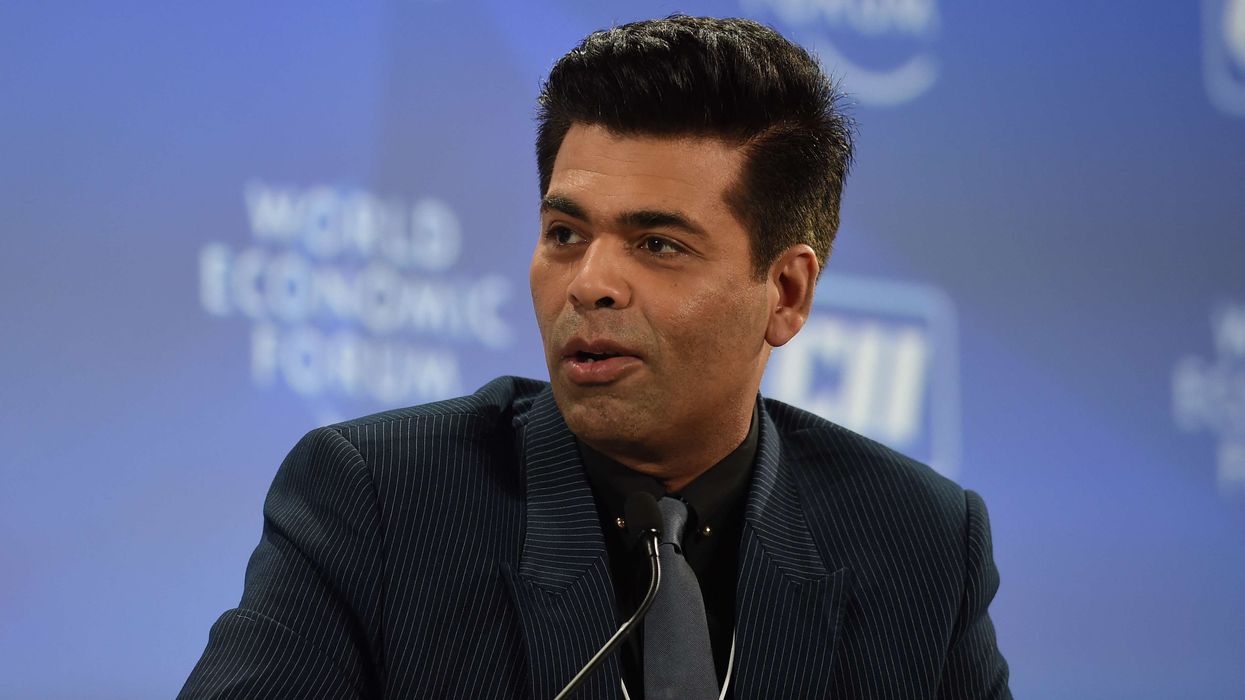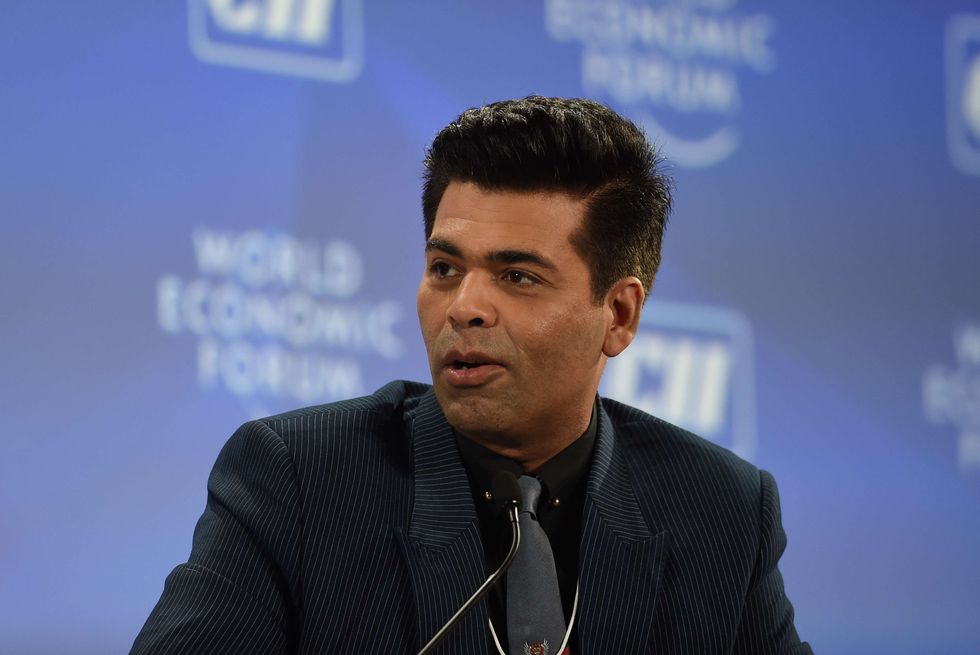Geena Davis’ Bentonville Film Festival 2021 has an opener: Riz Ahmed’s Mogul Mowgli (2020), directed by Bassam Tariq.
The festival, which strives to create a deeper impact for racial and gender equality in media, will take place from August 2 to 8 in a hybrid format.
It will screen Mogul Mowgli on opening night. Ahmed, who headlines the film, is also attached to it as co-writer and producer.
Oscar-winner Marlee Matlin will receive the Rising to the Challenge Award as her latest film CODA features in the Spotlights program at the seventh annual Bentonville festival. The Sian Heder directorial has previously won big at the 2021 Sundance Film Festival.
On the other hand, The Disappearance of Mrs. Wu (2021) star Lisa Lu is set to receive the festival’s See It Be It Award.
Other feature spotlights include directors Jessica Hester and Derek Schweikart’s Coast; Ben Lewin’s Falling For Figaro, starring Shazad Latif and Joanna Lumley; and Language Lessons, directed by and co-starring Natalie Morales.
Since 2015, the Bentonville Film Festival has provided a platform that amplifies the creative voices of female, non-binary, LGBTQIA+, BIPOC and people with disabilities in entertainment.
“We are delighted to showcase this year’s festival program to both in-person and virtual audiences come August. We’ve curated a program of ground-breaking works from a broad range of diverse storytellers, and we are honouring two special recipients for their dynamic and notable voices; Marlee Matlin and Lisa Lu with our Rising to the Challenge and See It Be It awards respectively,” Bentonville Film Festival chair Davis said in a statement.
Keep visiting this space over and again for more updates and reveals from the world of entertainment.






 Dharma Productions scouts fresh faces after 500 auditions Getty Images
Dharma Productions scouts fresh faces after 500 auditions Getty Images 






